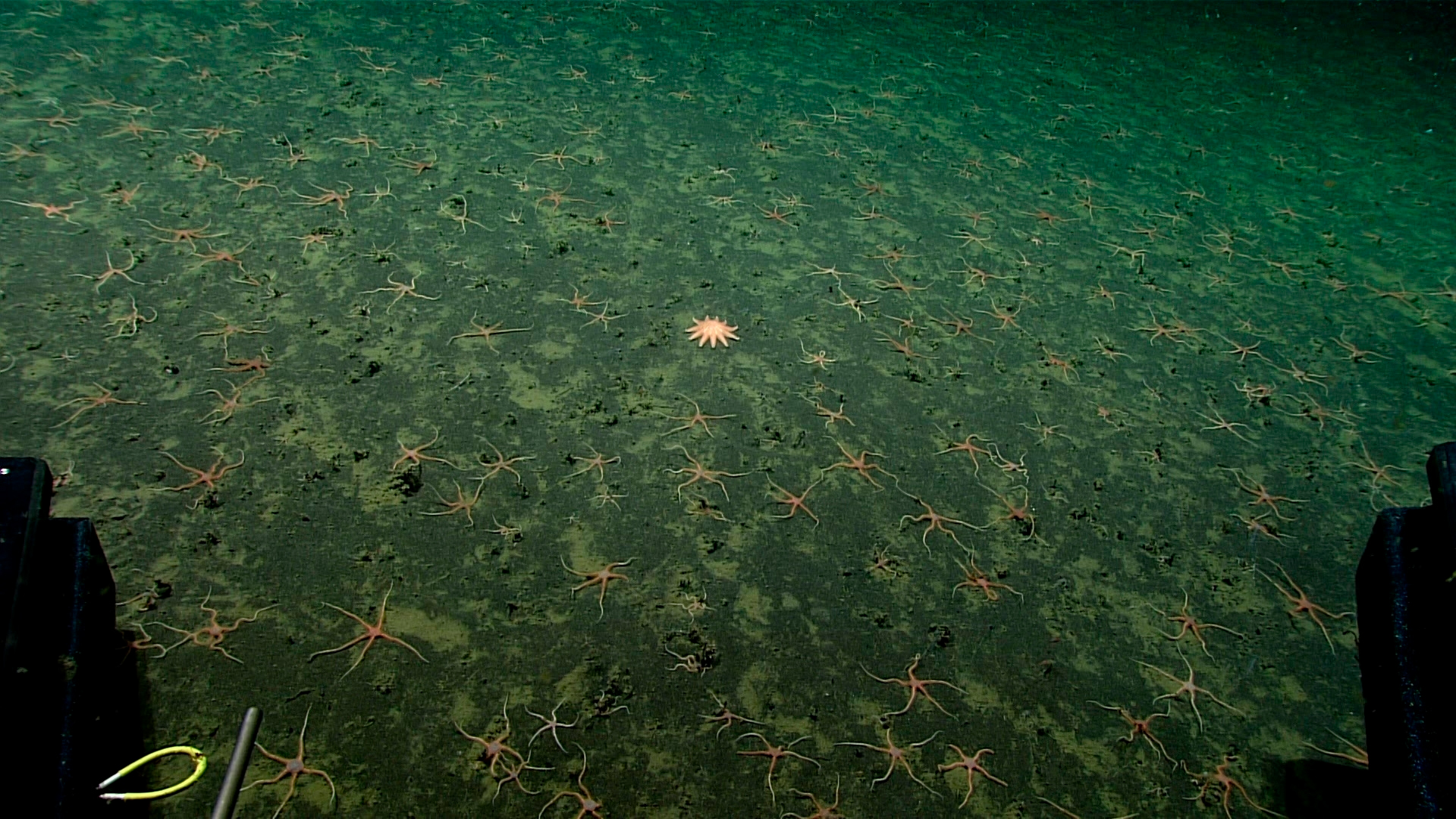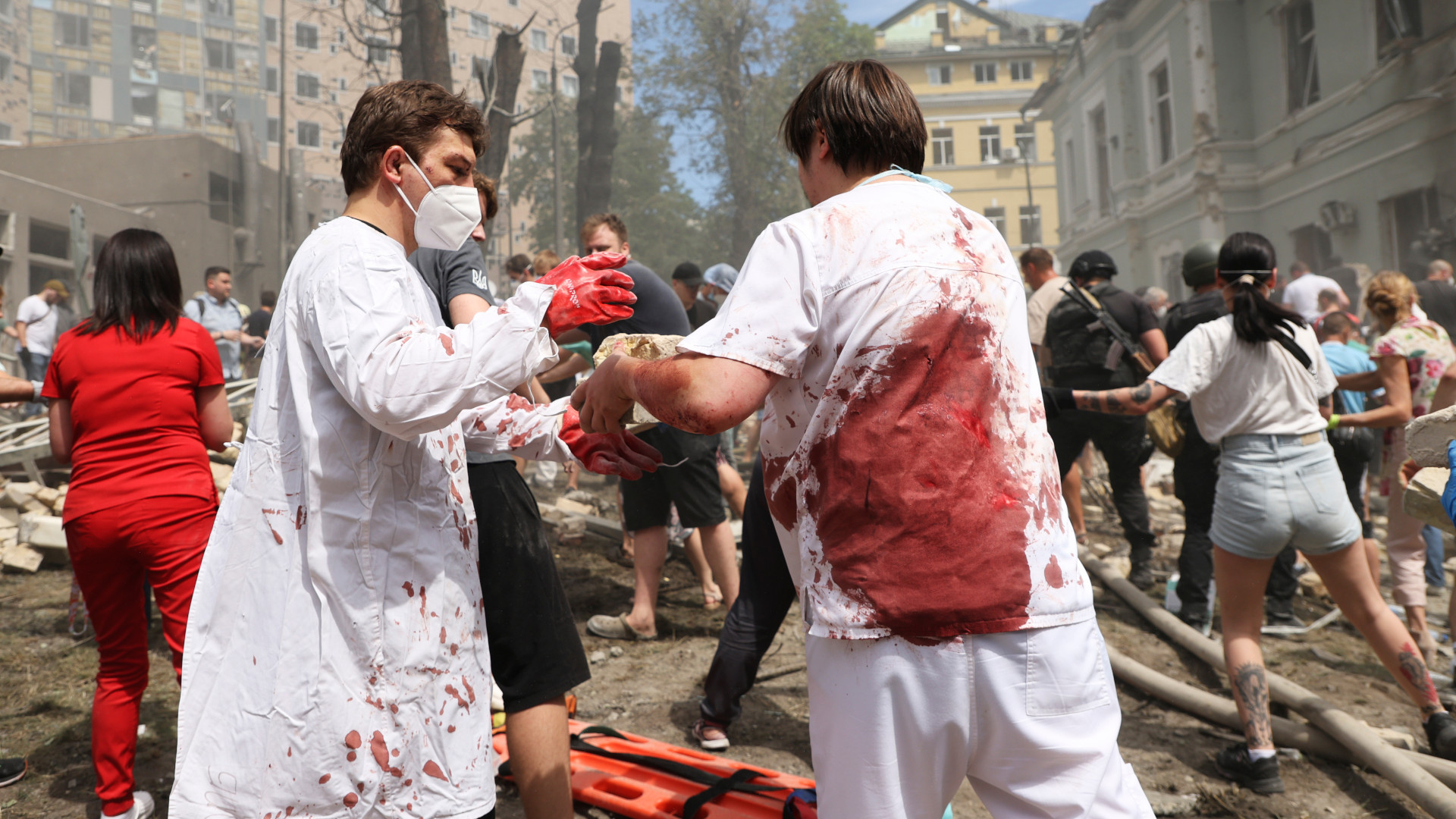
In October 2010, only months after the country was devastated by a massive earthquake, Haiti was afflicted with another human tragedy: the outbreak of a cholera epidemic, now the largest in the world, which has killed over 8,000 people, sickened more than 600,000, and promises new infections for a decade or more. Tragically, the cholera outbreak — the first in modern Haitian history — was caused by United Nations peacekeeping troops who inadvertently carried the disease from Nepal to the Haitian town of Méyè.
In October 2010, the U.N. deployed peacekeeping troops from Nepal to join MINUSTAH in Haiti. The U.N. stationed these troops at an outpost near Méyè, approximately 40 kilometers northeast of Haiti’s capital, Port-au-Prince. The Méyè base was just a few meters from a tributary of the Artibonite River, the largest river in Haiti and one of the country’s main sources of water for drinking, cooking, and bathing. Peacekeepers from Nepal, where cholera is endemic, arrived in Haiti shortly after a major outbreak of the disease occurred in their home country. Sanitation infrastructure at their base in Méyè was haphazardly constructed, and as a result, sewage from the base contaminated the nearby tributary. Less than a month after the arrival of the U.N. troops from Nepal, the Haitian Ministry of Public Health reported the first cases of cholera just downstream from the MINUSTAH camp.
Cholera spread as Haitians drank contaminated water and ate contaminated food; the country’s already weak and over-burdened sanitary system only exacerbated transmission of the disease among Haitians. In less than two weeks after the initial cases were reported, cholera had already spread throughout central Haiti. During the first 30 days of the epidemic, nearly 2,000 people died. By early November 2010, health officials recorded over 7,000 cases of infection. By July 2011, cholera was infecting one new person per minute, and the total number of Haitians infected with cholera surpassed the combined infected population of the rest of the world. The epidemic continued to ravage the country throughout 2012, worsened by Hurricane Sandy’s heavy rains and flooding in October 2012. In the spring of 2013, with the coming of the rainy season, Haiti has once more seen a spike in new infections.
Haitian and international non-governmental organizations have called on the U.N. to accept responsibility for causing the outbreak, but to date the U.N. has refused to do so. In November 2011, Haitian and U.S. human rights organizations filed a complaint with the U.N. on behalf of over 5,000 victims of the epidemic, alleging that the U.N. was responsible for the outbreak and demanding reparations for victims. The U.N. did not respond for over a year, and in February 2013, invoking the Convention on Privileges and Immunities of the United Nations, summarily dismissed the victims’ claims. Relying on its organizational immunity from suit, the U.N. refused to address the merits of the complaint or the factual question of how the epidemic started…
This report provides the first comprehensive analysis of not only the origins of the cholera outbreak in Haiti, but also the U.N.’s legal and humanitarian obligations in light of the outbreak and the steps the U.N. must take to remediate this ongoing humanitarian disaster. This analysis has concluded the following:
- The cholera epidemic in Haiti is directly traceable to MINUSTAH peacekeepers and the inadequate waste infrastructure at their base in Méyè.
- The U.N.’s refusal to establish a claims commission for the victims of the epidemic violates its contractual obligation to Haiti under international law.
- By introducing cholera into Haiti and denying any form of remedy to victims of the epidemic, the U.N. has failed to uphold its duties under international human rights law.
- The U.N.’s introduction of cholera into Haiti and refusal to accept responsibility for doing so has violated principles of international humanitarian aid.
In the years following the outbreak, the U.N. has denied responsibility for the epidemic. The U.N. has repeatedly relied on a 2011 study by a U.N. Independent Panel of Experts, which concluded that at the time there was no clear scientific consensus regarding the cause of the epidemic. However, these experts have since revised their initial conclusions. In a recent statement, they unequivocally stated that new scientific evidence does point to MINUSTAH troops as the cause of the outbreak. As Chapter II of this report establishes, epidemiological studies of the outbreak linking the outbreak to the MINUSTAH base in Méyè belie the U.N.’s claims. Four key findings confirm that MINUSTAH peacekeeping troops introduced cholera into the country.
First, doctors observed no active transmission of symptomatic cholera in Haiti prior to the arrival of the MINUSTAH troops from Nepal. Second, the area initially affected by the epidemic encompassed the location of the MINUSTAH base. Third, the troops at the MINUSTAH base were exposed to cholera in Nepal, and their feces contaminated the water supply near the base. Finally, the outbreak in Haiti is traceable to a single South Asian cholera strain from Nepal. No compelling alternative hypothesis of the epidemic’s origins has been proposed…
In refusing to provide a forum to address the grievances of victims of the cholera epidemic, despite clear scientific evidence tracing the epidemic to the MINUSTAH camp’s inadequate waste infrastructure, the U.N. violates its obligations under international law. According to the U.N. Charter and the Convention on Privileges and Immunities of the U.N., the U.N. is immune from suit in most national and international jurisdictions. Because of this legal immunity, the U.N. must provide to third parties certain mechanisms for holding it accountable if and when it engages in wrongdoing during peacekeeping operations — an obligation the U.N. Secretary-General has publicly recognized. In a series of reports submitted to the General Assembly in the late 1990s, the Secretary-General explained that the U.N. has an international responsibility for the activities of U.N. peacekeepers. This responsibility includes liability for damage caused by peacekeepers during the performance of their duties…
The U.N.’s role in introducing cholera into Haiti is particularly troubling given the humanitarian role that MINUSTAH has played in Haiti. As Chapter V explains, through its conduct that led to the cholera epidemic in Haiti, MINUSTAH violated widely accepted principles that most international humanitarian aid organizations pledge to follow. These principles have also been accepted and promoted by U.N. agencies. First, the U.N. violated the “do no harm” principle, which requires, among other general and specific duties, that humanitarian organizations observe minimal standards of water management, sanitation, and hygiene in order to prevent the spread of disease. Second, by denying victims of the epidemic any remedy for the harms it caused, the U.N. violated the principle of accountability to affected populations. Humanitarian relief standards emphasize that establishing and recognizing mechanisms for receiving and addressing complaints of those negatively affected by relief work is a critical responsibility of humanitarian aid organizations. In Haiti, the U.N. has refused to create a claims commission to receive and adjudicate third party claims. By not only rejecting its responsibility for the epidemic but also refusing to provide a forum in which its victims can make their claims, the U.N. continues to violate minimum standards of accountability…
The U.N. will need to accept responsibility for its failures in Haiti, apologize to the victims of the epidemic, vindicate the legal rights of the victims, end the ongoing epidemic, and take steps to ensure that it will never again cause such tragically avoidable harm, in Haiti or elsewhere…Other entities, starting with the Government of Haiti and including NGOs, foreign governments (notably the United States, France, and Canada), and other intergovernmental actors, are also key to remediating the cholera epidemic. These actors must help provide direct aid to victims, infrastructural support, and adequate funding for the prevention and treatment of cholera. This includes properly funding and supporting the recently completed National Plan for the Elimination of Cholera in Haiti. The Plan is the Haitian Ministry of Health’s (MSPP) comprehensive program for the elimination of cholera in Haiti and the Dominican Republic over the next ten years.
Finally, prevention of similar harms in the future requires that the U.N. commits to reforming the waste management practices of its peacekeepers and complying with all provisions of the SOFAs it signs with countries hosting peacekeepers.
While the U.N. has played an important role in the Haitian post-earthquake recovery effort, it has also caused great harm. The introduction of cholera by U.N. peacekeepers in Haiti has killed thousands of people, sickened hundreds of thousands more, and placed yet another strain on Haiti’s fragile health infrastructure. The U.N.’s ongoing unwillingness to hold itself accountable to victims violates its obligations under international law and established principles of humanitarian relief. Moreover, in failing to lead by example, the U.N. undercuts its very mission of promoting the rule of law, protecting human rights, and assisting in the further development of Haiti.
Photo: CP Photo
From https://www.law.yale.edu/news/17237.htm.







